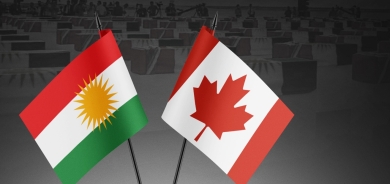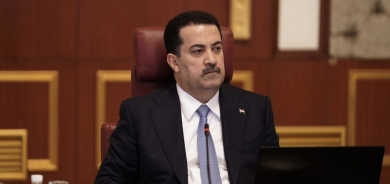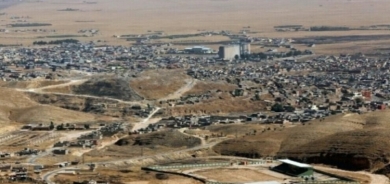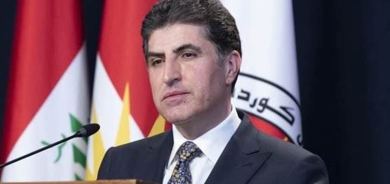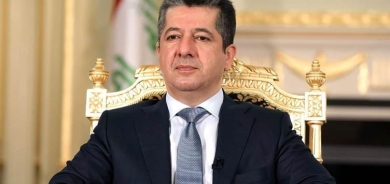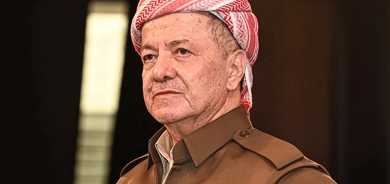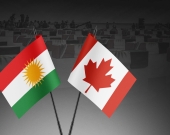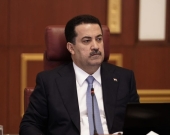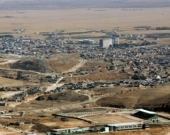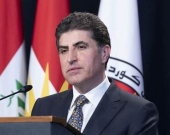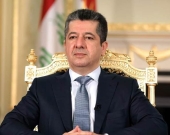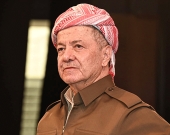Erbil to Compensate Anfal Victims From Oil Revenues

ERBIL, Kurdistan Region – The autonomous Kurdistan Region in northern Iraq plans to compensate victims of Baghdad’s many crackdowns against the Kurds out of revenues from oil exports, if Baghdad continues to ignore Erbil’s demands for compensation.
The Kurdistan Regional Government (KRG) estimates the total amount of claims at $387 billion.
According to a law passed by the Kurdistan Region’s own parliament in April 2013, the KRG can sell Kurdistan’s own oil without approval from Baghdad and use the funds to compensate families who suffered from Baghdad’s so-called “Anfal Campaign” and other brutalities against Iraq’s large Kurdish minority.
According to that law, the KRG can step in and compensate victims if Baghdad fails to do so within a predetermined timeframe.
The KRG is set to begin its first direct oil exports next month through a newly-extended pipeline that will carry Kurdish oil to Turkey and markets beyond. Baghdad opposes direct oil deals by Erbil, saying all extraction and export contracts must go through the central government.
Erbil disagrees, citing constitutional articles and insisting that its exports are lawful because the revenues will be shared with the central government.
According to a request signed by Kurdistan Region Prime Minister Nechirvan Barzani last July, the federal government must compensate those who suffered under the policies of former Iraqi governments from 1963-2003.
In another directive sent a month later, the KRG estimates total compensation at nearly $387 billion. The central government in Baghdad has so far failed to respond.
The KRG’s Natural Resources Minister Ashti Hawrami told Rudaw that the compensation figure might seem high, but should be juxtaposed against losses. He noted that more than 200,000 Kurds were martyred, thousands of homes destroyed and the Kurdish regions devastated for three decades.
“If the federal government does not agree to compensation, according to the law Kurdistan can benefit from its natural resources, including extracting and selling oil to compensate the victims,” said Ahmed Warti, a member of the Kurdish parliament’s legal committee. He said that, as a state, Iraq is responsible for the losses suffered by the people of Kurdistan.
“It’s a legitimate and legal right of the people of Kurdistan to be compensated for the losses,” agreed Nask Tofiq, another Kurdish MP.
He expressed fear that the compensation issue is being raised just as a pretext by the KRG to begin the controversial oil exports. “But my fear fades if a fund is set up from the oil money, which is transparent and supervised by the parliament,” he added.
The compensation bill had led to differences in parliament with the opposition Change Movement (Gorran), but Hawrami said he was sure the party would now stand behind the law.
“It’s a national achievement and I am sure Gorran and other parties will support it when the law is implemented,” Hawrami added.
Last April, Premier Barzani signed a seven-point agreement in Baghdad that included compensation by the central government to Kurdish victims of the Anfal and other crackdowns.
Hawrami noted that the present government in Erbil would soon be replaced, following the results of the parliamentary elections last September. “The next government in Kurdistan should take measures to implement the law,” he said.
RUDAW

